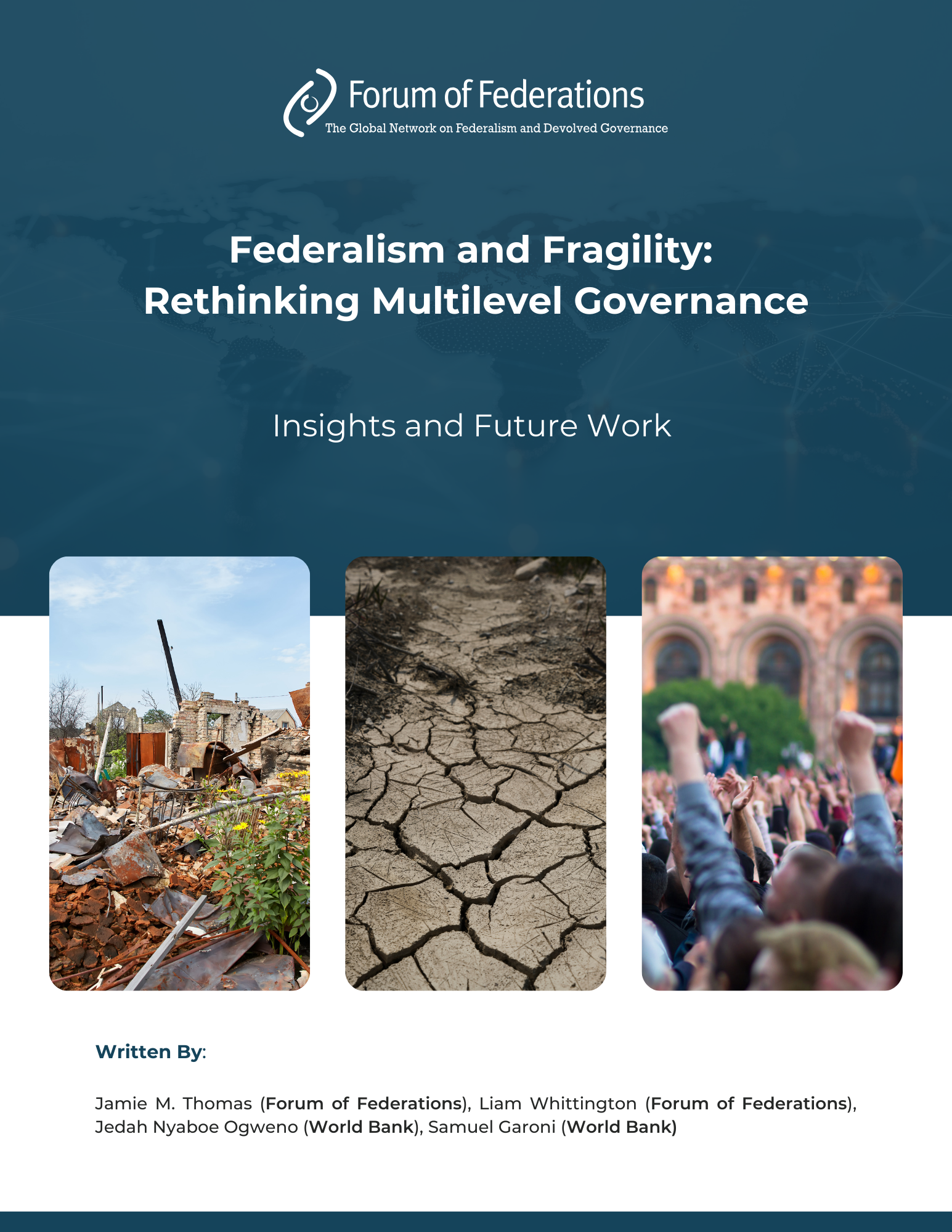The Forum of Federations is an international organization dedicated to promoting federalism and decentralized governance around the world.
It serves as a global platform for governments, policymakers, researchers, and civil society leaders to share experiences, best practices, and innovative solutions related to federal and multilevel governance.
Through research, advisory services, training programs, and international conferences, the Forum supports countries in managing diversity, improving democratic institutions, and strengthening cooperation between different levels of government.
Its mission is to help build more inclusive, stable, and effective political systems.
Thematic Programs
Thematic Programs concern the development and mobilization of knowledge on federal and multilevel governance systems.
Country & Regional Programs
Country & Regional Programs concern the creation, development, and reform of governance systems in emerging federal and multilevel countries.















